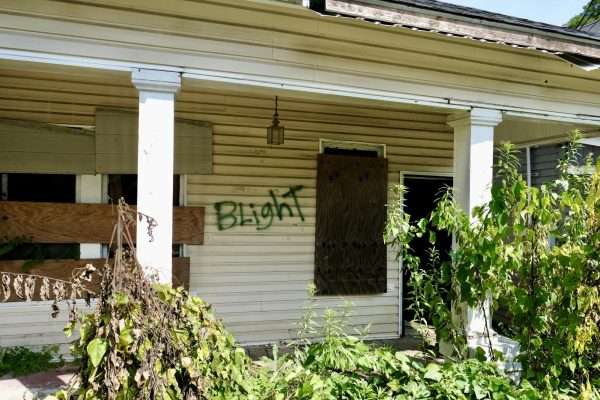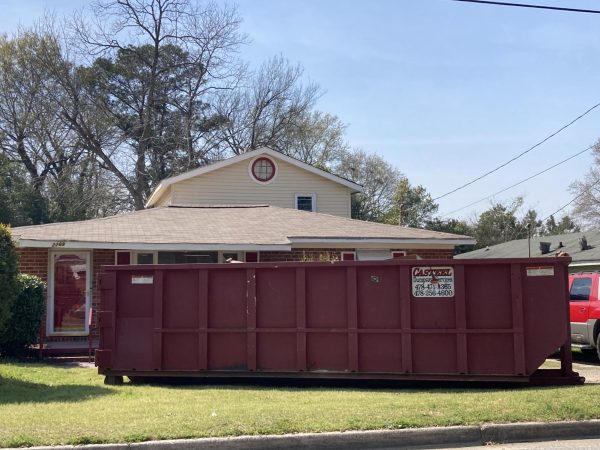What it’s like to be a resident assistant during COVID-19
When Yasmeen Hill was given the opportunity to leave campus in the midst of COVID-19, she decided to stay rather than moving back to Atlanta to be with her family where their hometown has the second highest rate of cases in the state.
“I thought I would be putting myself at less of a risk by staying in Macon,” Hill said. “I was conflicted because I wanted to leave campus but it wouldn’t necessarily be safe for me or my family.”
Life as a Resident Assistant — essentially students who live in University housing and manage their area and residents — has changed since classes moved online and students were encouraged to leave campus. Duties such as programs, bulletin boards or cleaning inspections have been suspended, and staff are instructed to respond only to emergency calls. But as more students leave campus, resident assistants have also started to leave.
“Once it was confirmed that we would be online for the remainder of the semester our numbers continued to go down gradually,” Hill said.
With coworkers resigning their positions to move off campus, Hill said those who remained faced more work than expected. Suddenly, Hill became responsible for other areas across campus and faced a busier schedule of duties amid the transition to online classes.
“It may not seem like a lot of work because our normal duties had been suspended, but I was definitely dealing with a lot of pressure combined with the national crisis that’s literally unfolding before our eyes,” Hill said.
Although the change in work was stressful, Hill said continuing her duties was the only way she could stay on campus instead of risking the move to Atlanta. If she chose not to work, she would have to pay a prorated rate for her room, which wasn’t something she could afford.
“I felt guilty and I didn’t want to put more responsibilities on my coworkers,” Hill said.
In the beginning of April, a petition circulated demanding compensation for Mercer’s remaining resident assistants. According to the petition, an email to resident assistants in March suggested that staff who stayed on campus would be compensated for additional duties.
Hill said that the petition received support from staff who elected to leave campus, and a friend in the Student Government Association raised the issue at a senate meeting.
According to an email response to resident assistants from the administrative staff of Housing and Residence Life, the question of additional compensation was a miscommunication before classes had officially moved online for the remainder of the semester. The email stated that staff who shared the petition would not be penalized, but that sharing it publicly could reflect poorly on Housing and Residence Life.
“The petition was our only form of agency,” Hill said. “I’m glad the petition started circulating because I think it’s important for the professional staff to be aware of what their employees are feeling and adjust accordingly.”
As part of their response to the petition, Housing and Residence Life has allowed remaining resident assistants to perform duties on a volunteer basis. Staff who decide not to volunteer will not be charged for staying on campus.
“I’m glad HRL [Housing and Residence Life] is trying to be accommodating now but still, I did not volunteer,” Hill said. “I think it’s more about being recognized and valued for the work that we do.”














